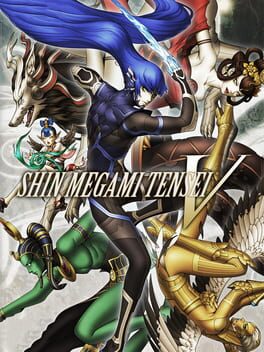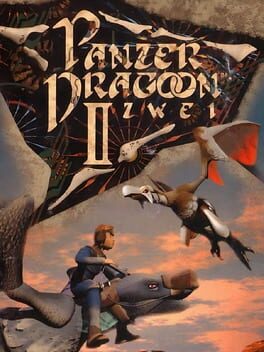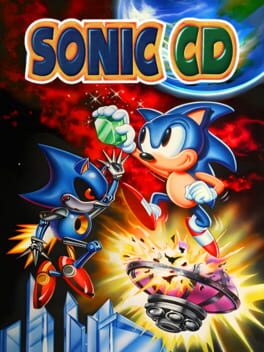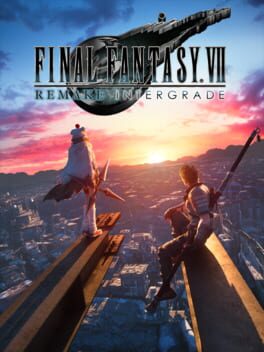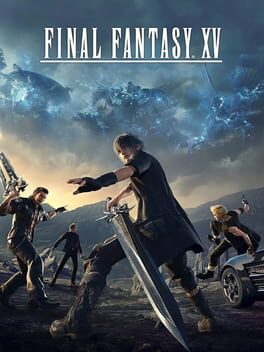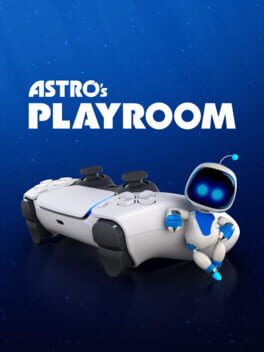OhPoorPup
2021
I played through this on Hard difficulty, runtime about 70 hrs. The world-traversal is a revelation, and the combat is complex and engaging. I spent the better part of that 70 hours enthralled, but by the time I approached the third act, it became apparent that the thin plotting and uneven characterization was going to be amended in the final moments of the game, and even then only barely. I had some assumption that the complaints of "no plot" online were being made by SMT IV-heads, clamoring for that game's incessant interruptions and didacticism, but no. This game is VERY thinly plotted and it does not wear it well. Despite Persona-heads' protestations, Shin Megami Tensei, by which I mean Nocturne, is not a terribly sparse game. There are plot beats that fill the time and the games progress as you'd expect any JRPG to. But it's very clear SMTV's open-ended world traversal and more freeform structure posed a problem for the team in terms of narrative pacing, and they chose the lighter touch there. Maybe more plot asides would grate as they do in 4! I don't know! But there is woefully little to hang on in these characters or their beliefs, particularly the Chaos faction, and the game feels less complete as a result.
I look forward to playing this game again in the future without the weight of expectation bearing down because it is one of the very best JRPGs I have ever played. The problem is, it's a sequel to the very best JRPG I have ever played.
I look forward to playing this game again in the future without the weight of expectation bearing down because it is one of the very best JRPGs I have ever played. The problem is, it's a sequel to the very best JRPG I have ever played.
Play # 17, Clear #1
SCORE: 788350
E1: 98.9%
E2: 95.6%
E3: 94.1%
E4: 95.0%
E5: 90.8%
TOTAL: 94.9%
Beautiful, touching, profound, visually overwhelming, overall an absolutely perfect video game. I will be beating this many times, I can see myself going for a 100% shot down. I love Saga to death but I can understand and sorta relate to the argument that Zwei is the series' true hidden gem, given Saga and Orta's ubiquity.
SCORE: 788350
E1: 98.9%
E2: 95.6%
E3: 94.1%
E4: 95.0%
E5: 90.8%
TOTAL: 94.9%
Beautiful, touching, profound, visually overwhelming, overall an absolutely perfect video game. I will be beating this many times, I can see myself going for a 100% shot down. I love Saga to death but I can understand and sorta relate to the argument that Zwei is the series' true hidden gem, given Saga and Orta's ubiquity.
1993
I adored Final Fantasy VII Remake more than, frankly, any AAA game since the PlayStation 2, and a lot of that was in its looseness with itself; its willingness to be light and fun and exuberant and goofy. There's plenty of that here, and this little chapter served as a pleasant reminder of how charming this version of Midgar and its characters are; honestly this comes off more than anything as "hey don't you miss this game? why not give it another run?" and the notion is tempting! I was surprised to find that while FF7R's "kingdom hearts bullshit" was charming and self-critical (coming off as a meta-level awareness of Nomura's broader influence in the aftermath of FF7, and providing a venue for introspection about FF7's own overblown cultural heft), the introduction of Dirge of Cerberus material and its accompanying melodrama is somewhat exhausting. The resolution of Yuffie's plot feels rushed and unearned, and the segue back into the main plot is perfunctory and self-defeating; a glimpse at a much more compelling melodrama waiting just over the horizon. Plot quibbles aside here, FF7R remains one of the smartest AAA games in recent memory, and the Sonon/Yuffie pairing is basically an elaborate excuse to further press into Final Fantasy XIII's combat system's raison d'être, simulating the platonic ideal of watching an action anime. It's neat! Further stripping out the player growth mechanics only highlighted how woefully little wiggle room there is in the base game, foregrounding for me the hopes that FF7R2 will have an open field with some kind of encounters mechanism. FF7R might be an incredible AAA game but it is, tragically, not really a JRPG in any meaningful way.
2016
Despite its reputation, I picked this up because I'm recovering from a surgery and needed something basically brain dead, something low-key to just hang out with. I have a severe aversion to open-world design (it even tanked Elden Ring for me earlier this year) and was really surprised to find myself enjoying FFXV's take on the form, which is largely non-committal and vibes-centric. I was really grooving with the FFXI-ness of the game, from its generally passive open spaces to its combat that doesn't ask much of the player beyond specific things, to its general hangout-itude. And then Chapter 9 came around and it became apparent that everything after that point was rushed, misguided, or maybe a bit of both. I am usually the person decrying overfocus on story and pleading for more sparseness and room to breathe, but god almighty I would've killed for a 30 minute cutscene to flesh out some of this stuff. By the last chapter I was begging for it to be over, and the ending was basically incomprehensible. Went from something I was shocked to find myself enjoying to being a nightmare in a very short span of time. Here's hoping XVI's better.
2020
Bland and inoffensive, a pretty-fun showcase for some controller features that are already falling to the wayside, a sustained reminder that PlayStation used to be a more innovative, risk-taking, artful and exciting venture than they are now. The game's weird insistence on the t-rex tech demo thing is cool and funny
2019
It's incredible to see a clunky point-and-click masquerading as an action game translated to omega-budget AAA and maintain a great deal of its charm and appeal. Easily the best AAA game of the 00s, unless I'm just completely blanking on something. It would be the best game of its release year, but Sekiro: Shadows Die Twice outclasses it in most respects.
